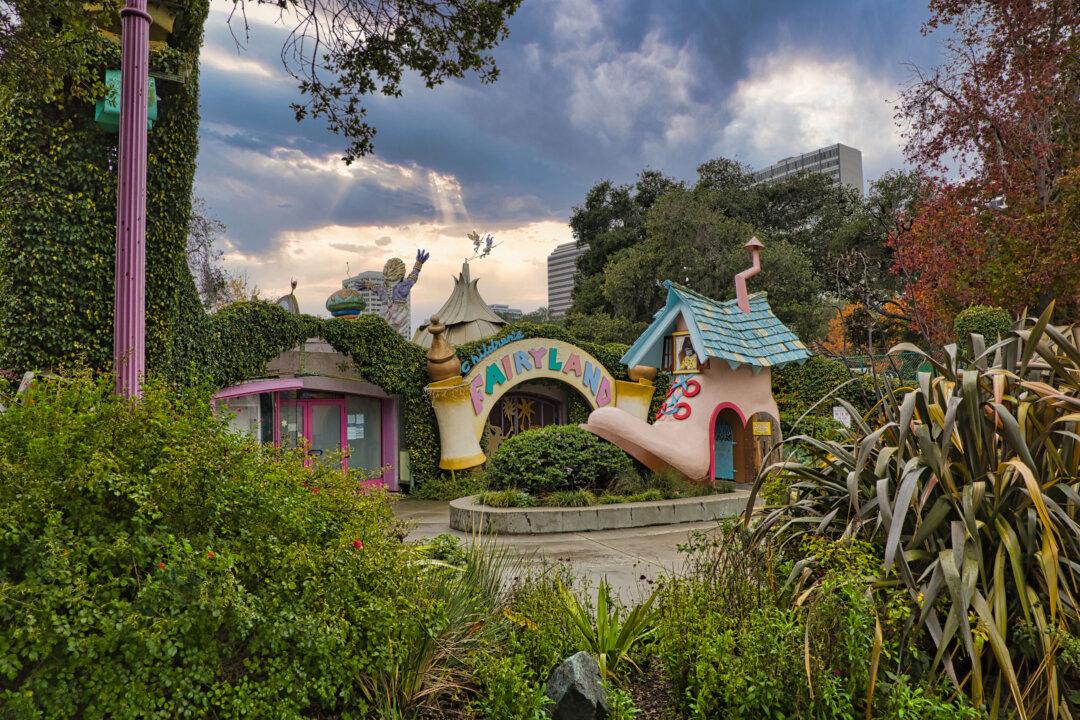Like many other segments of the travel industry, safaris are experiencing something of an evolution at the moment, not only to meet the latest interests and desires of travelers, but also to encompass the realities and challenges facing the planet in 2023.
The good news is that in many cases, that has meant a heightened focus on safaris that emphasize sustainably, or that allow travelers to meaningfully support conservation efforts and have a positive impact on the destinations visited.
Underscoring this point, global search volumes for the term ’sustainable safari' have increased by 16 percent since 2019, according to the safari travel company Go2Africa, which recently produced its first annual African Safari Travel Report.
“Sustainability is quickly becoming a key consideration in the decision-making process of travelers. This has become very evident in the safari industry,” says the report. “This is a testament to the work of charities, organizations, governments, and local communities who have championed the importance of sustainability. And the effect comes back around as travelers’ changing desires then help drive the movement further.”
The burgeoning demand for sustainable safaris is merely one of the key trends dominating the safari industry for 2023. Here’s a look some of the other significant developments this year and the meaningful ways in which safari companies are responding.
Focus on Positive Impact, Preservation
As the Go2Africa report points out, preserving and protecting Africa’s critically important biodiversity and landscapes continues to be one of humanity’s biggest challenges. Safari travel companies and travelers themselves are increasingly acknowledging this reality.
In the case of Go2Africa, that has meant launching new “Positive Impact initiatives” and also “Trips with a Purpose.” Through such efforts, Go2Africa works with partners on the ground to help protect Africa’s environment and actively contribute to restoring areas that have been negatively impacted in the past.
Trips with a Purpose in particular, provide travelers with hands-on experiences within a safari itinerary that involve supporting local communities and ways of life, as well as opportunities to engage in environmental work or wildlife conservation. The experiences are designed to be meaningful for clients, while also helping to provide a sustainable future for Africa’s natural ecosystems and people.
“We have seen a large uptick in inquiries for sustainable safaris in destinations like Rwanda and South Africa this year. To prioritize this for our travelers in the future, Go2Africa has created Trips with a Purpose,” explains Maija de Rijk-Uys, managing director of Go2Africa.
The company’s nine-day Tanzania Hands-on Conservation Safari, which is part of its Trips with a Purpose portfolio, takes participants to the Douglas Bell Eco Research Station where travelers join researchers in such activities as positioning camera traps and image analysis of predator identification and even tracking collared lions using telemetry.






